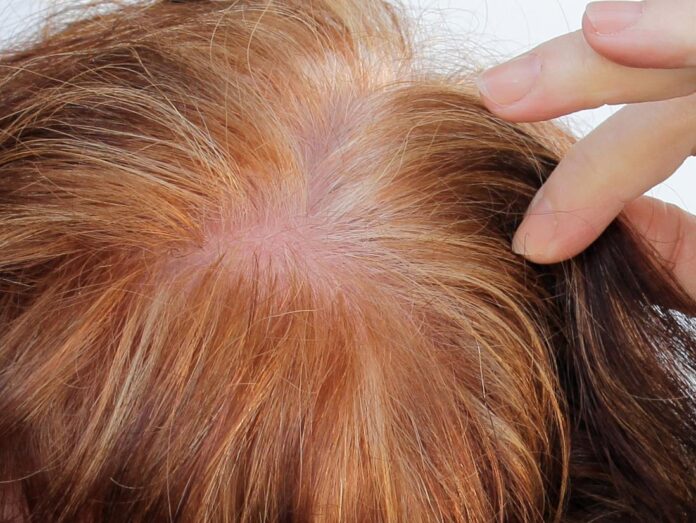Millions of people suffer from hair loss, and for many it can be a frustrating and embarrassing problem. There are many causes of hair loss but fortunately there are also many solutions. In this blog post we will discuss the most common causes of hair loss in men and women and the best ways to address them. We will also provide tips for preventing hair loss in the future. So if you are concerned about your hair health, read on.
How to determine if you are losing hair
If you’re concerned about hair loss the first step is to determine if you are losing hair. There are several ways to do this. The most common is to pull out a few strands of hair and look at them closely. Healthy hair will have a round shape at the base. If you see a thinning at the base or if your hair seems to be falling out in clumps, then you may be experiencing hair loss.Another way to determine if you are losing hair is to take a look at your scalp. Bald patches or a receding hairline are both signs of hair loss. If you’re noticing either of these, it’s time to talk to your doctor about possible solutions.
The causes of hair loss in men and women
The causes of hair loss in men and women can be different. In men, the most common cause of hair loss is a condition called male pattern baldness. This is a genetic condition that causes the hair on the head to thin and eventually fall out. In women, the most common cause of hair loss is a condition called telogen effluvium. This is a condition that causes the hair to shed more than usual.
How to stop hair loss in its tracks
If you are experiencing hair loss, there are a few things you can do to stop it in its tracks. First make sure you are getting enough protein in your diet. Hair is made of protein so if you aren’t getting enough it can lead to hair loss. Another thing to consider is your stress level. When you are stressed your body releases a hormone called cortisol which can lead to hair loss. Try to find ways to manage your stress such as meditation or yoga. Finally make sure you are using the right shampoo and conditioner for your hair type. If you are using the wrong products, it can lead to scalp dryness and hair loss.
Hair loss treatments for men and women
There are many hair loss treatments for both men and women. Some of the most common treatments are:
- Hair transplants
- Medications such as minoxidil and fina steride
- Low level laser therapy
- Herbal remedies Each treatment has its own benefits and drawbacks, so it is important to speak to a doctor before deciding which treatment is right for you.
How to maintain healthy hair growth
There are a few simple things that you can do to help maintain healthy hair growth and reduce the risk of hair loss:
- Make sure you’re eating a balanced diet with plenty of protein and vitamins especially vitamin A, B12, and zinc.
- Avoid over-styling your hair and using harsh chemicals or hot tools.
- Get regular haircuts to keep your hair healthy and trimmed.
- Use a gentle shampoo and conditioner that are designed for your hair type.
- Massage your scalp regularly to stimulate blood flow and promote healthy hair growth.
Final Thought
There are many potential causes of hair loss, and the best way to stop it depends on the underlying cause. If you’re experiencing hair loss, be sure to consult a doctor to determine the cause and receive the best treatment. There are many solutions available that can help stop hair loss in men and women, so there’s no need to suffer from this condition any longer.

